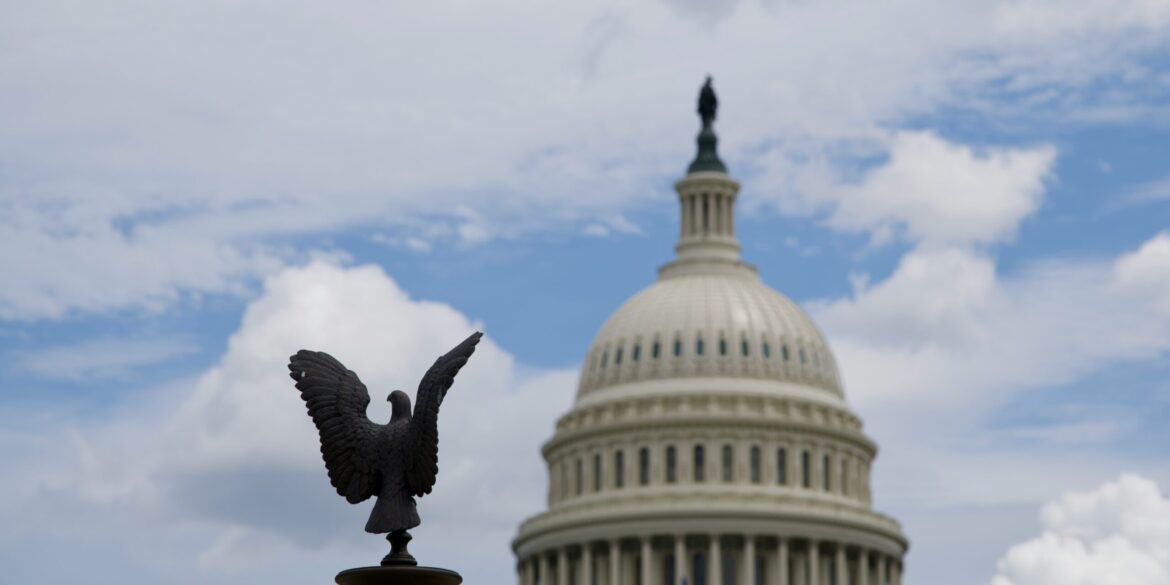The Congressional Progressive Caucus (CPC) has launched its 2025 policy agenda, laying out a sweeping vision for transformative change in the United States. Centered on economic justice, healthcare expansion, and urgent climate action, the agenda seeks to shift national priorities toward equity and sustainability, even as it faces resistance in a politically divided Congress.
Among the flagship proposals is the expansion of Medicare to include dental, vision, and hearing coverage—a long-standing demand among progressives aimed at closing critical healthcare gaps for seniors and people with disabilities. The caucus argues that these services are essential to holistic health and that the current exclusions disproportionately impact low-income Americans.
“We’re saying that health care isn’t a privilege—it’s a right,” said Rep. Pramila Jayapal (D-WA), chair of the Progressive Caucus. “This agenda reflects the real needs of working people, not corporate donors or special interests.”
Another key component is a proposed federal jobs guarantee, which would create publicly funded employment opportunities in areas like education, infrastructure, caregiving, and environmental restoration. The goal is to eliminate involuntary unemployment, stabilize wages, and invest in underserved communities. The program echoes elements of the New Deal repurposed for modern economic challenges.
Climate policy takes a central role in the agenda, with a call for massive federal investment in green infrastructure. This includes transitioning to 100% clean electricity by 2035, retrofitting buildings for energy efficiency, expanding public transit, and supporting frontline communities already impacted by climate change. The plan also emphasizes the creation of green jobs that pay a living wage and prioritize historically marginalized populations.
“We can’t afford half-measures when it comes to the climate crisis,” said Rep. Alexandria Ocasio-Cortez (D-NY). “Our agenda meets the moment with solutions that tackle emissions and economic injustice simultaneously.”
The Progressive Caucus agenda also outlines support for housing justice initiatives, such as expanded rental assistance, stronger tenant protections, and federal investments in affordable housing. In the education sector, it calls for universal pre-K, student debt cancellation, and tuition-free public college—proposals aimed at closing long-term gaps in access and opportunity.
Additionally, the caucus is advocating for labor reforms, including raising the federal minimum wage to $17 per hour, strengthening union protections, and banning anti-worker practices like “right-to-work” laws that weaken collective bargaining.
Despite its sweeping nature, the CPC’s 2025 platform is likely to face significant hurdles in the current legislative landscape. With a narrowly divided Senate and a House marked by sharp ideological splits, many of the proposals may be difficult to pass without substantial bipartisan support or changes to Senate rules such as the filibuster. Nevertheless, progressive leaders argue that the agenda serves as a blueprint for the direction they believe the country must take.
“Our role is to set the standard, to show what’s possible and necessary,” said Rep. Ilhan Omar (D-MN). “This agenda isn’t just aspirational—it’s actionable, and it’s rooted in the real lives of millions of Americans.”
The agenda also functions as a political statement ahead of the 2026 midterm elections, drawing clear lines between the progressive wing of the Democratic Party and more centrist factions. It is part of a broader effort to mobilize grassroots support and pressure party leadership to adopt more ambitious policy positions.
The Progressive Caucus, which now counts over 100 members, represents the largest ideological group within the Democratic Party. Its growing influence has helped bring once-fringe ideas—such as Medicare for All, the Green New Deal, and student debt cancellation—into the mainstream political conversation.
Public response to the agenda has been mixed. Supporters laud it as a long-overdue correction to decades of policy that have favored the wealthy and left working-class Americans behind. Critics, particularly from conservative and centrist circles, argue that the proposals are fiscally unrealistic and risk exacerbating inflation or ballooning the national deficit.
Still, polling consistently shows that many individual elements of the agenda—such as higher minimum wages, expanded Medicare, and climate investment—enjoy broad public support. This dynamic has emboldened progressives to continue pushing their agenda, even amid legislative roadblocks.
As debates unfold in Congress, the 2025 Progressive Caucus agenda stands as a defining statement of political ambition, offering a vision that seeks to rewrite the rules of economic and environmental justice for the 21st century.

